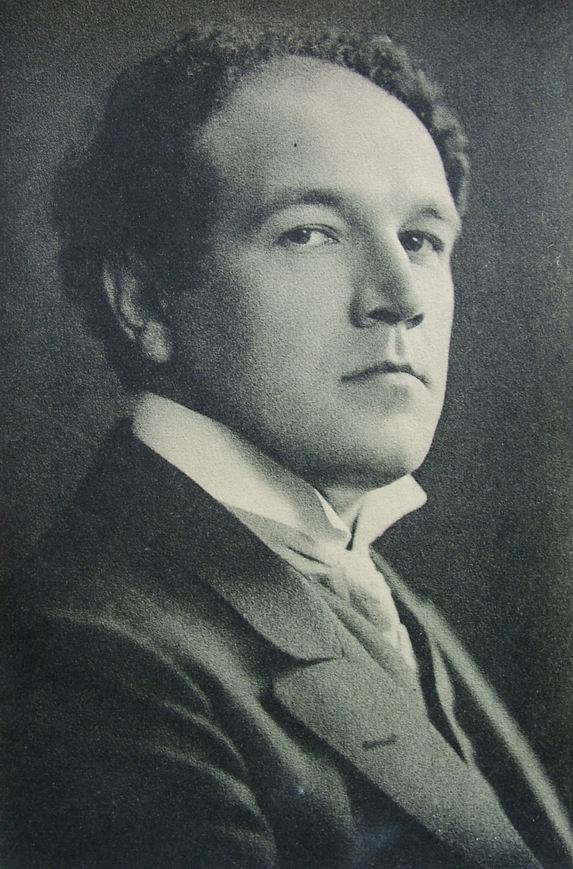French-Canadian pianist Hamelin has the technique and the stamina to play anything, which is why the note-crazy, obsessive “Night Wind” Sonata of Nikolay Medtner buzzed around at the heart of his recital. But between the proud resonance of its many climaxes and the distant voices he showcased so effectively in his own Barcarolle – three movements rather than one, unexplained in a note which simply ignored it – there’s little delicacy in the middle ground.
That made much of Ravel’s Gaspard de la nuit less than phantasmagorical. “Ondine” should be the plaintive water-nymph, billowing to gusts of despair. But her element was more earth than water, and Hamelin galloped at the bigger washes of sound when a little more space would have given them the tragic grandeur they needed. And yes, he can certainly play all the notes of night-tormenter Scarbo, but at a more measured speed we would have heard them all properly. No doubt about the mystery in the single-note tolling of the gibbet in the central movement, though; here the terracing we’d heard in Hamelin’s own composition was back in exquisitely-placed sequences of descending chords around the monotone.
 Medtner’s half-hour-plus single movement of a Second Sonata is, of course, a less well known quantity; there simply aren’t enough pianists in the world who can actually play it (the composer pictured right in 1910, the year he began the work). I’d have liked more suggestion of transcendental flight in Medtner’s kinship with his friend and contemporary Rachmaninov; once again, Hamelin’s cleverly-pedalling feet remained too firmly on the ground. Still, kudos to him for keeping a weather eye on the rich vein of melodic lines, including an unforgettable main theme heard in just about every possible variation, and for that resonance, shaking the bones of the listener. There’s little rest, peace or artlessness in the work, but it holds its fascination; now I want to go away and listen to it again with a score.
Medtner’s half-hour-plus single movement of a Second Sonata is, of course, a less well known quantity; there simply aren’t enough pianists in the world who can actually play it (the composer pictured right in 1910, the year he began the work). I’d have liked more suggestion of transcendental flight in Medtner’s kinship with his friend and contemporary Rachmaninov; once again, Hamelin’s cleverly-pedalling feet remained too firmly on the ground. Still, kudos to him for keeping a weather eye on the rich vein of melodic lines, including an unforgettable main theme heard in just about every possible variation, and for that resonance, shaking the bones of the listener. There’s little rest, peace or artlessness in the work, but it holds its fascination; now I want to go away and listen to it again with a score.
The simplicity we so badly needed came after the interval in seven pieces from Book One of Janacek’s On an Overgrown Path. In fact, the mighty Moravian being the quirky genius he was, the melodies never stay quite as simple as they start out. Subtler pianists might not draw as much attention as Hamelin did to that fact, but he did manage some of the necessary introspection; the ineffable “In tears” followed here by “Good night!” finally reached the deeper corners of the heart and soul, despite another colossal Hamelin-style outburst before the quiet close. What a pity he chose not to play the most dramatic of the pieces, "The Virgin of Frydek".
Both best and less good were encapsulated in the three encores: perfect mysteries in Debussy's "Reflets dans l'eau", a Chopin “Minute” Waltz which began unairily, perhaps to pave the way for the grotesquely humorous seconds Hamelin applied to its reprise in a wilful transcription ("lighten up", I can hear the enthusiasts saying), and another glide through too many notes, the pleasant-enough A flat Etude by Paul de Schloezer.















Add comment